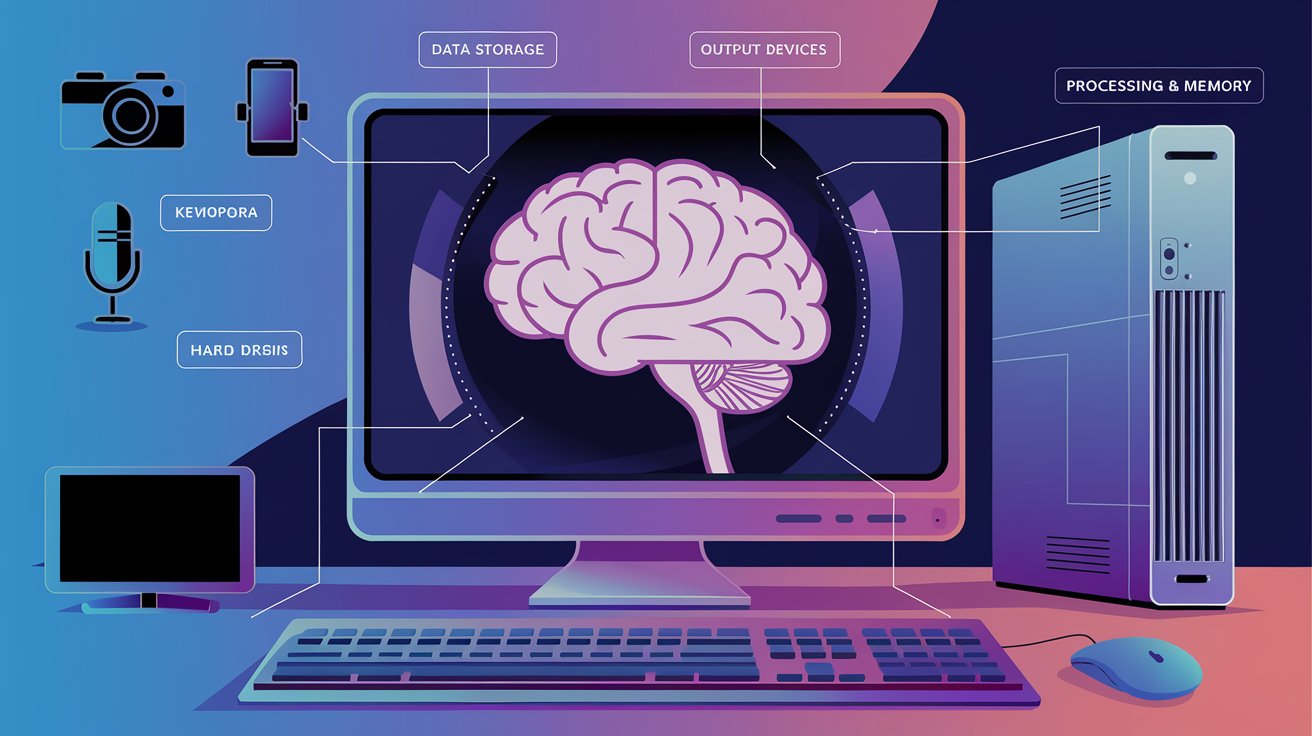
The technological landscape continues to evolve at a dizzying pace, transforming workplaces and demanding new skills from professionals across all industries. As we navigate through 2025, staying competitive in the job market requires a dynamic approach to digital literacy and technical proficiency. Here’s a comprehensive guide to the essential computer skills needed to thrive in today’s workforce.
Foundation Skills: The Digital Basics
In 2025, certain computer skills are no longer optional but fundamental requirements. Proficiency in basic office software suites, particularly cloud-based platforms, remains crucial. Microsoft 365 and Google Workspace continue to dominate the professional environment, with collaborative features becoming increasingly important. Understanding file management, basic troubleshooting, and cyber security awareness are non-negotiable skills.
Cloud Computing and Remote Work Technologies
The hybrid work model has become permanent for many organizations, making cloud computing literacy essential. Professionals must be comfortable with cloud storage systems, virtual private networks (VPNs), and remote desktop applications. Familiarity with collaboration tools like Slack, Microsoft Teams, and project management platforms such as Asana or Monday.com is crucial for effective remote work.
Data Literacy and Analysis
Data drives decision-making in modern businesses. While not everyone needs to be a data scientist, basic data literacy is crucial. Understanding how to interpret data visualizations, create basic reports, and use business intelligence tools has become a standard requirement. Familiarity with Excel’s advanced features and basic SQL queries can set you apart in many roles.
Artificial Intelligence and Automation
AI has become deeply integrated into workplace tools. Understanding how to work alongside AI systems, particularly in areas like document processing, customer service, and data analysis, is increasingly important. Familiarity with AI-powered productivity tools and automation platforms can significantly enhance workplace efficiency.
Digital Security and Privacy
With cyber threats becoming more sophisticated, understanding digital security is crucial. Knowledge of best practices for password management, two-factor authentication, and identifying phishing attempts is essential. Many roles now require basic understanding of data privacy regulations and compliance requirements.
Programming and Coding Literacy
While not everyone needs to be a programmer, basic coding literacy is becoming increasingly valuable. Understanding fundamental programming concepts and being able to use low-code/no-code platforms can help automate routine tasks and improve productivity. Python and JavaScript remain popular languages for business applications.
Content Creation and Digital Marketing
Digital content creation skills are valuable across industries. Proficiency in creating professional presentations, basic graphic design, and content management systems is often expected. Understanding social media platforms from a business perspective and basic SEO principles can provide additional value.
Emerging Technologies
Staying informed about emerging technologies like blockchain, augmented reality, and the Internet of Things (IoT) can provide a competitive edge. While deep expertise isn’t necessary, understanding their basic principles and potential applications in your industry is valuable.
Best Practices for Skill Development
- Create a personalized learning plan focusing on skills relevant to your industry
- Utilize online learning platforms and certification programs
- Practice new skills through real-world projects
- Join professional communities and networking groups
- Stay updated with technology news and trends
Adaptability and Continuous Learning
Perhaps the most crucial skill in 2025 is the ability to adapt and learn continuously. Technology changes rapidly, and the most successful professionals are those who embrace lifelong learning. Set aside regular time for skill development and stay curious about new technologies and tools in your field.
Soft Skills in the Digital Age
Technical skills must be balanced with soft skills. Critical thinking, problem-solving, and effective digital communication are essential complements to technical proficiency. The ability to collaborate virtually and maintain productivity in digital environments is particularly valuable.
Conclusion
Keeping up with technology in 2025’s workforce requires a balanced approach to skill development. While the specific technical skills needed may vary by industry and role, the fundamental requirements include strong digital literacy, adaptability, and a commitment to continuous learning. Success in the modern workplace isn’t just about mastering current technologies – it’s about developing the mindset and learning habits that will help you adapt to future changes. By focusing on both foundational and emerging technologies while maintaining strong soft skills, professionals can position themselves for success in an increasingly digital workplace. Remember that the goal isn’t to become an expert in every technology but to build a practical, relevant skill set that enables you to work effectively and grow professionally in our digital age.

Leave a Reply